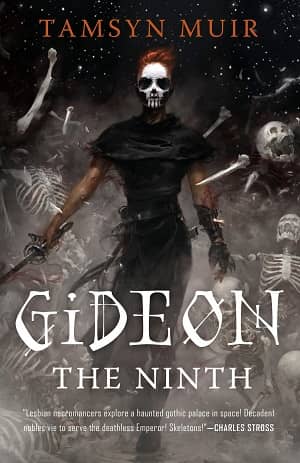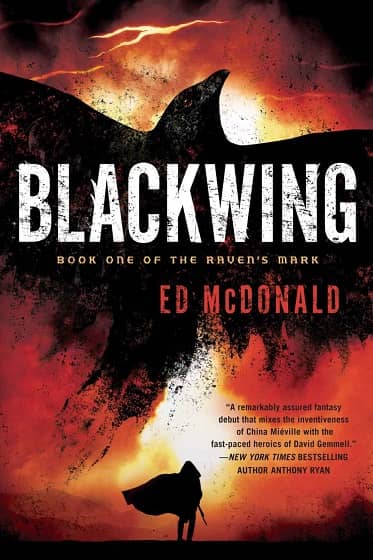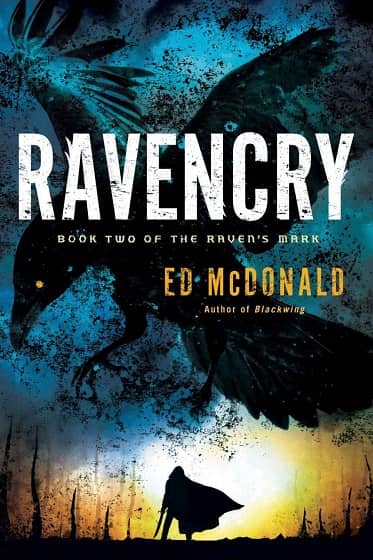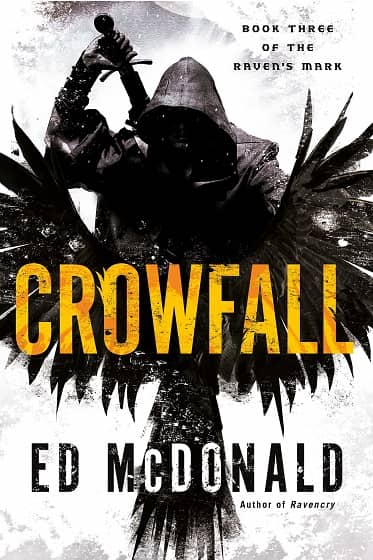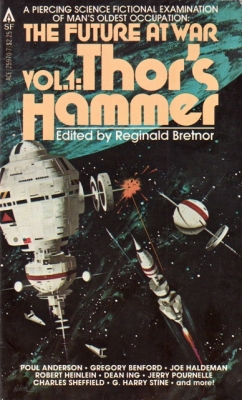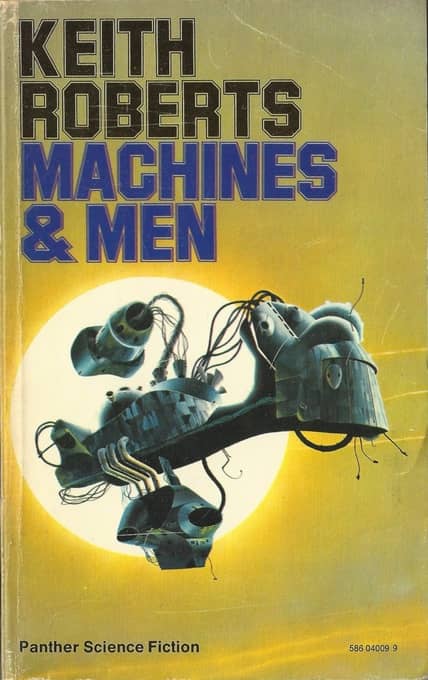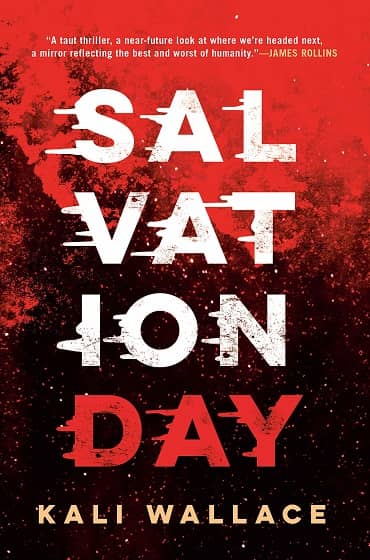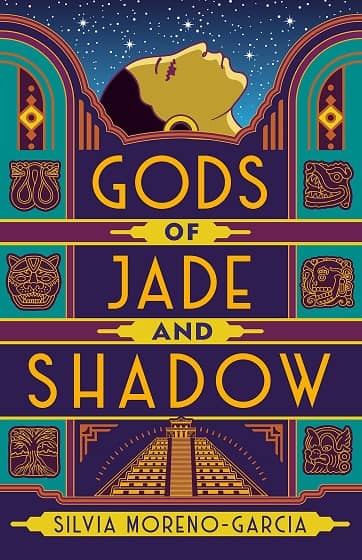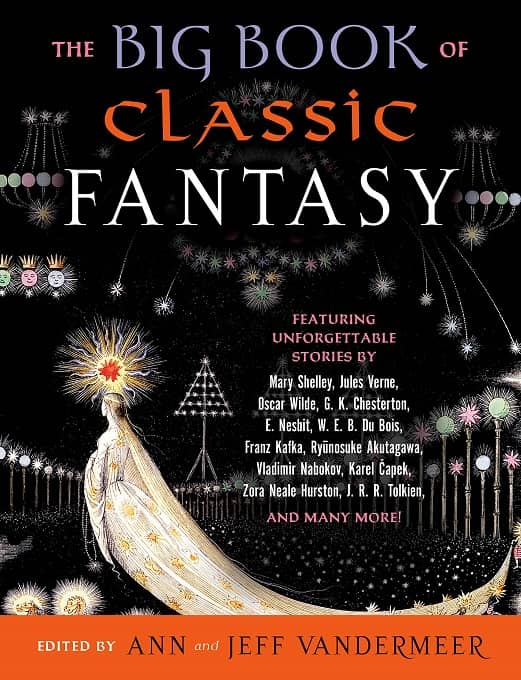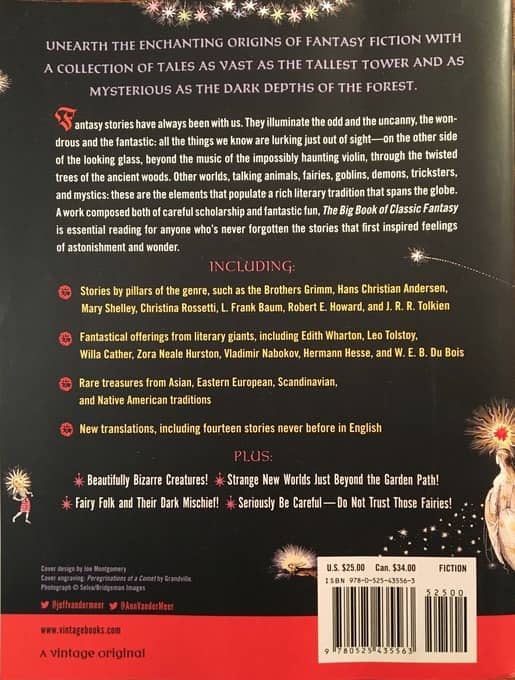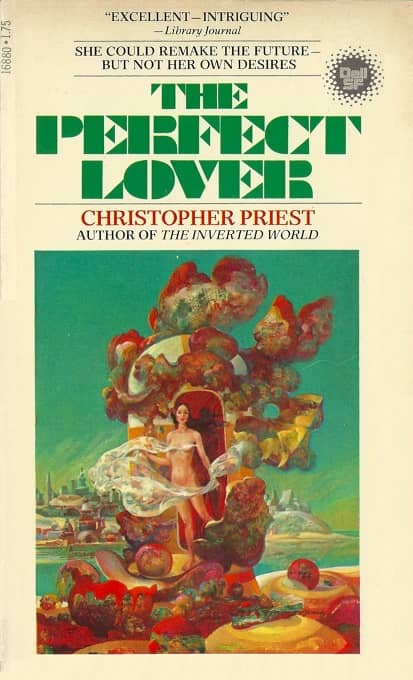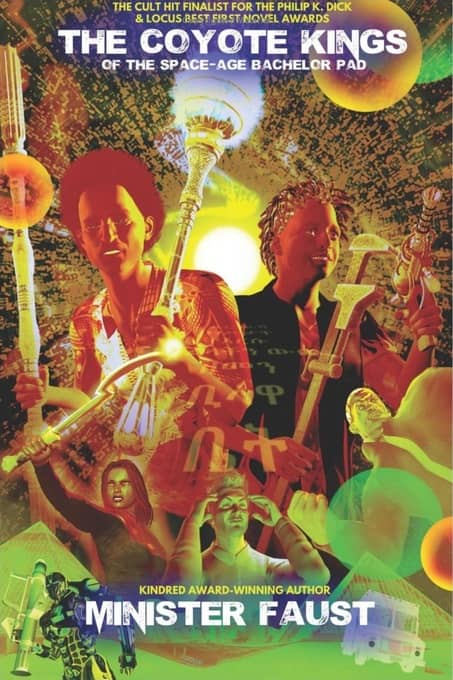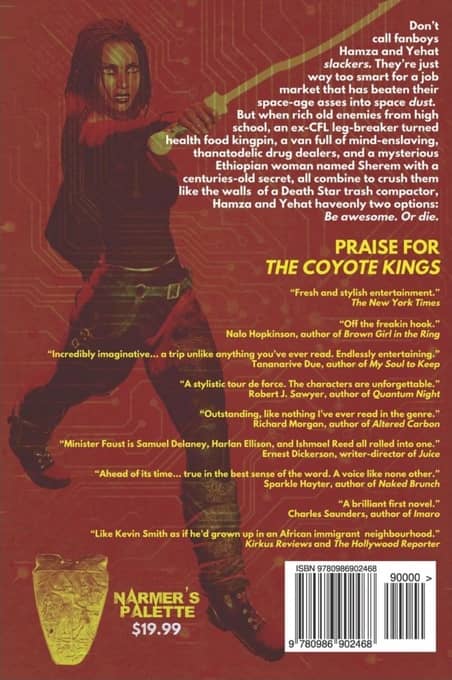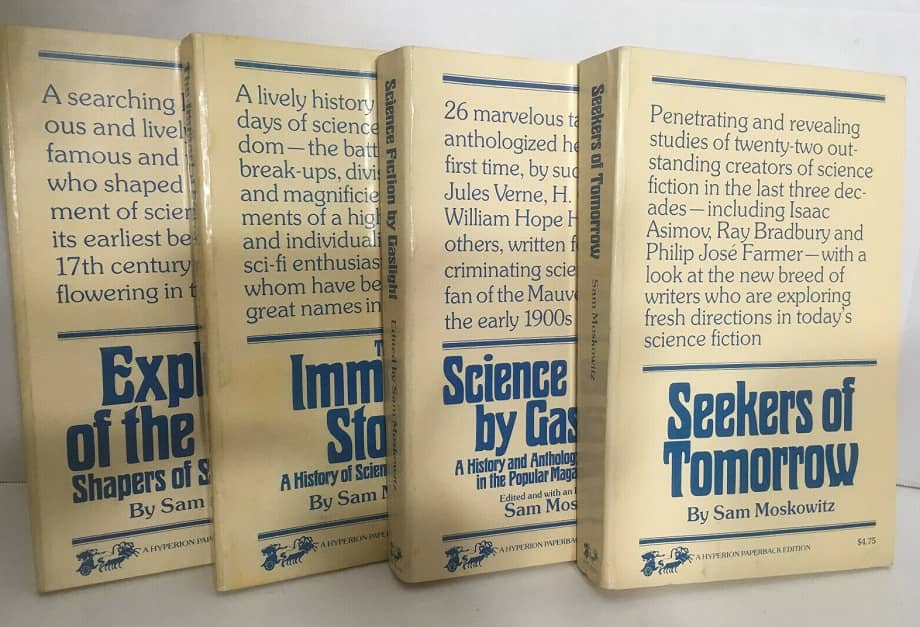Germ Warfare, Sentient Planets, and Dark Age Alchemy: The Best of Murray Leinster
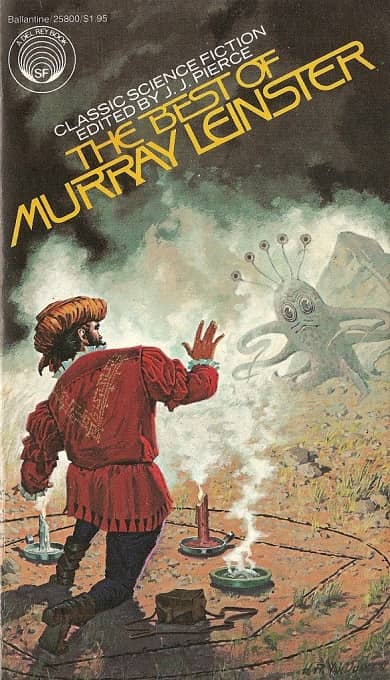 |
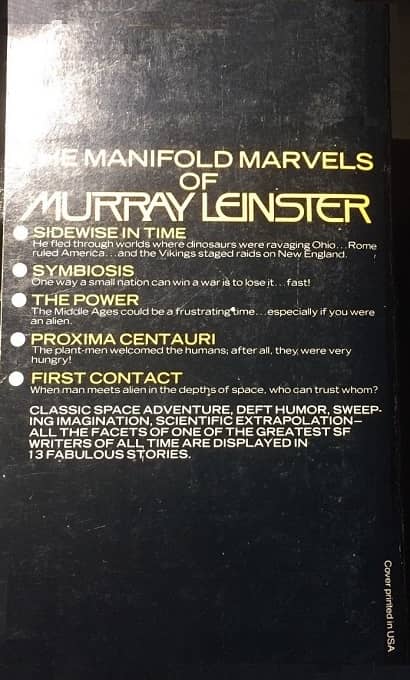 |
The Best of Murray Leinster (1978) was the fourteenth installment in Lester Del Rey’s Classic Science Fiction Series. J. J. Pierce returns to give the introduction to this volume. H. R. Van Dongen (1920–2010) returns to do his fourth cover of the series, having done the cover for the seventh volume in honor of John W. Campbell, the tenth volume in honor of Fredric Brown, and the eleventh in honor of Jack Williamson. Since Leinster was already passed away in 1978, no afterword is included in this volume.
Murray Leinster (1896–1975) was the nom de plume of American writer William Fitzgerald Jenkins. Pierce refers to Leinster as ‘The Dean of Science Fiction”, clearly showing a deep respect for him, and I think also an indication of Leinster’s representativeness as an early and grand leader of pulp SF.
I’ve often heard early pulp SF described as basically following “engineer-solving” plots. I think I’ve understood what this meant, and I know I’ve seen examples of these in earlier volumes of the Del Rey’s Classic Science Fiction Series. But Leinster is sort of a practitioner of this sort of plotting par excellence. What do I mean? Leinster’s plots tend to center upon some difficult problem that is presented as unsolvable (or nearly so), but by the end of the story the problem is usually solved in some sort of rational or scientific way. At first blush, this may sound fairly boring, and it has the potential to come off as overly preachy about the goodness of science. But in reading Leinster, you often get pulled into the problem of the story, and are sometimes surprised with how science answers or attempts to answer the issue at hand.
